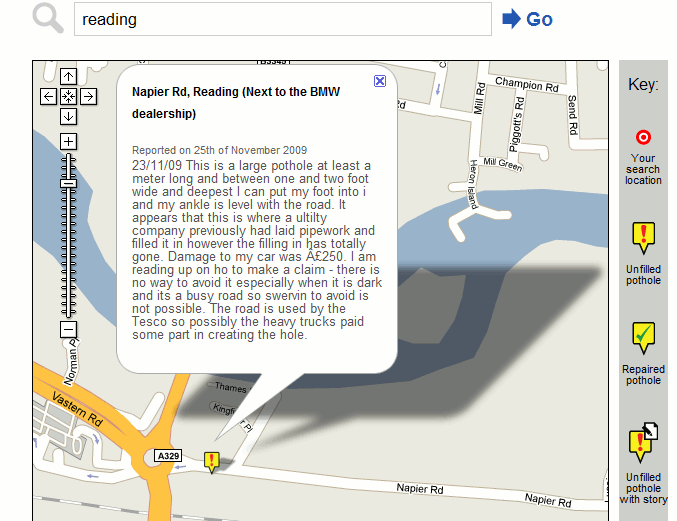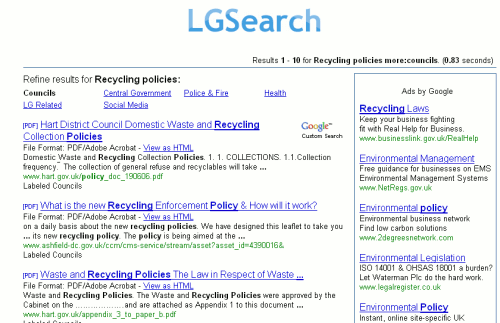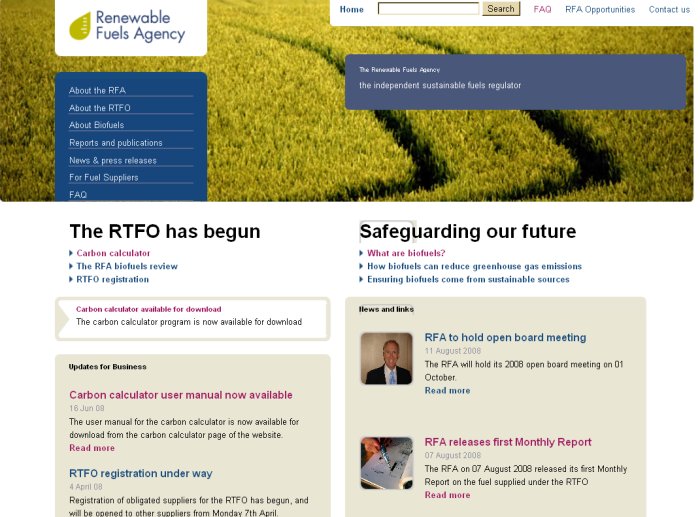I spotted this article in the hard copy of the Daily Mail while I was on the plane back from Glasgow last night. It particularly caught my attention because we had been discussing International filing and disclosure requirements at the workshop I had been running in Glasgow. According to the article a new bill – the Stop Tax Haven Abuse Act 77 – is passing through the US Congress with presidential backing.
The article singles out four regions in particular: Switzerland, Liechtenstein, Cayman Islands, Delaware and the City of London.
Switzerland is in the list because of its “banking secrecy laws”, and Liechtenstein is one of three tax havens listed as uncooperative by the OECD. The other two countries are Monaco and Andorra.
The Cayman Islands should come as no surprise, but I am still amazed at how many analysts and researchers keep asking me why they can’t find any financials or detailed information on companies that are registered there. Just take a look at Cayman Islands Companies: Formation & Registration:
“The Registrar of Companies can only release the name and type of company, its date of registration, the address of the registered office and the company’s status. Disclosing any other information is prohibited unless requested by a law enforcement agency.”
The US state of Delaware is another well known “haven”. The Delaware Division of Corporations refers to its “modern and flexible corporate laws” and “a business-friendly State Government”. Roughly translated it means that you will have a hard job finding accurate, up to date or sometimes any information on companies registered there. Many of the companies I have looked up on their register don’t give any proper contact details or give fictitious names. But perhaps Homer and Marge Simpson really are directors of multiple businesses in a wide variety of sectors?
The naming and shaming of the City of London came as a surprise, though. The UK is the last place that most of its citizens would regard as a tax haven but the article is referring to the so called “non-dom” laws. A non-dom, or non-domiciled person, is someone who is resident in the UK but claims it is not their home, their ‘domicile’ being in another country. As a non-dom they pay no UK tax on their overseas earnings unless they bring the proceeds into the UK. UK Chancellor Alistair Darling’s announcement last year on proposed changes to the tax laws for non-doms caused an uproar and there have been many subseuqent “clarifications” and amendments to the proposals. I won’t bore you with the details here but if you are interested go to Chipwrapper and search on non-dom Alistair Darling and select Past Year as the time slice.
For the majority of us, tax havens will remain a dream. Substantial donations to the author of this blog would be gratefully received – used notes in a suitcase preferred 🙂



